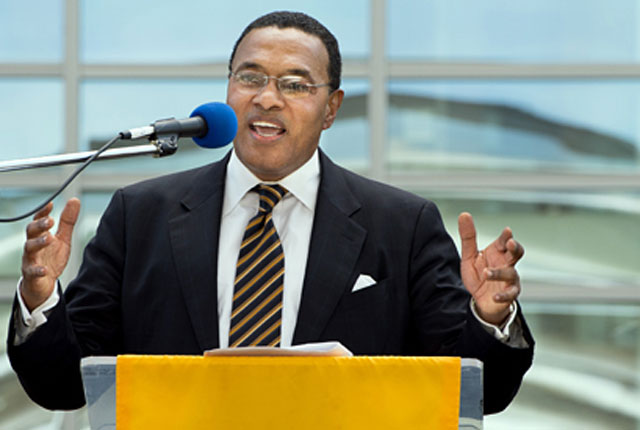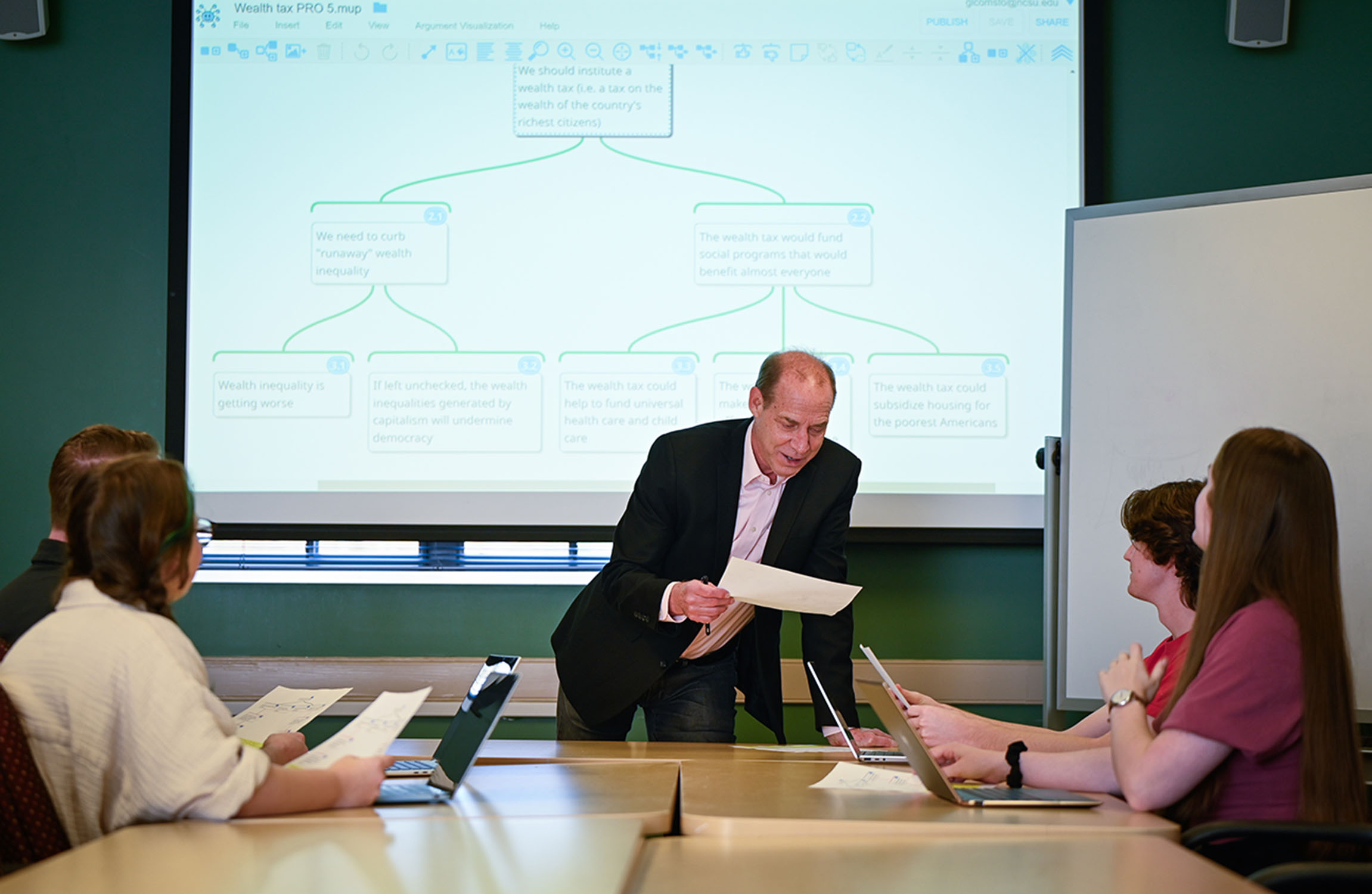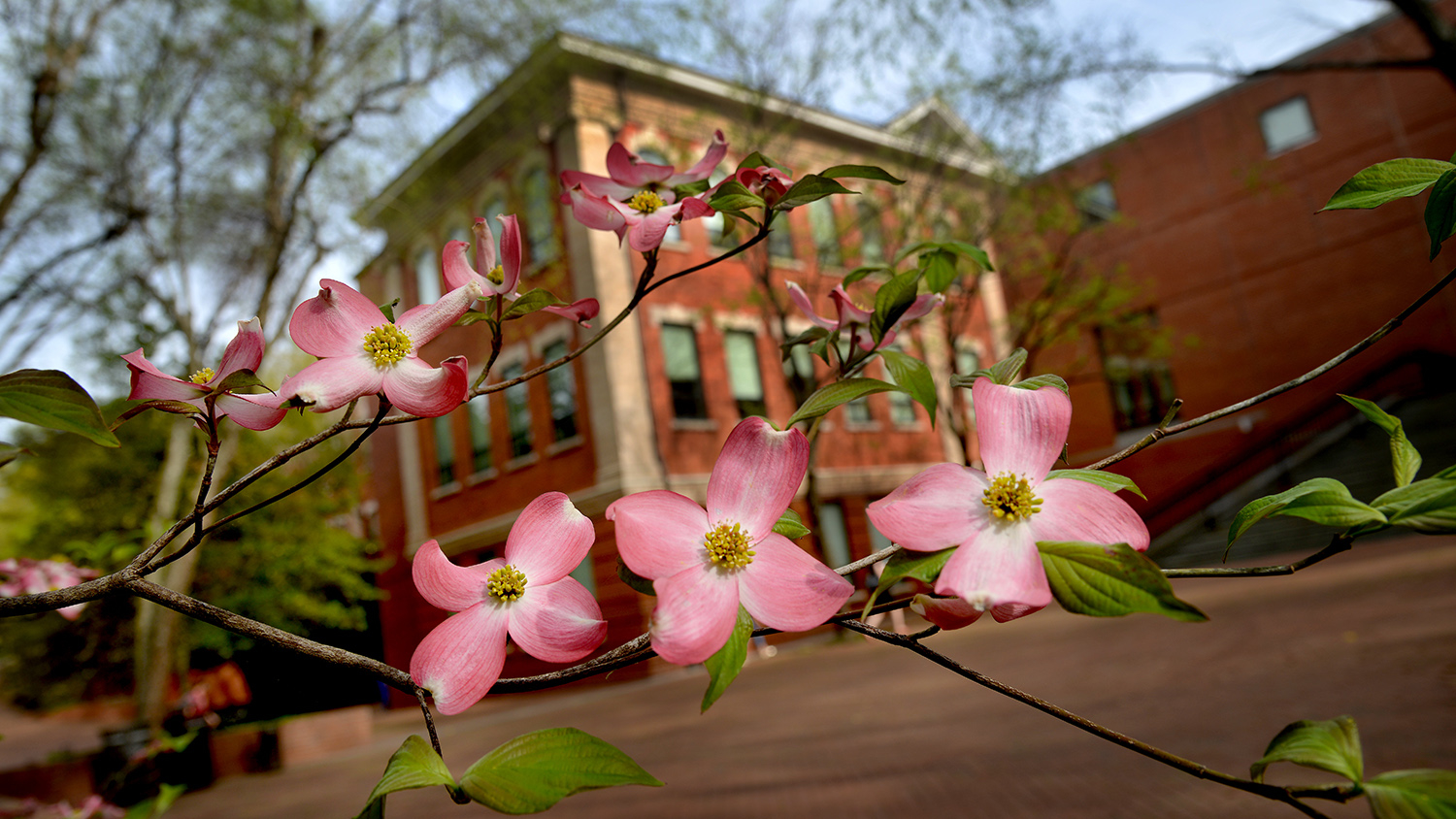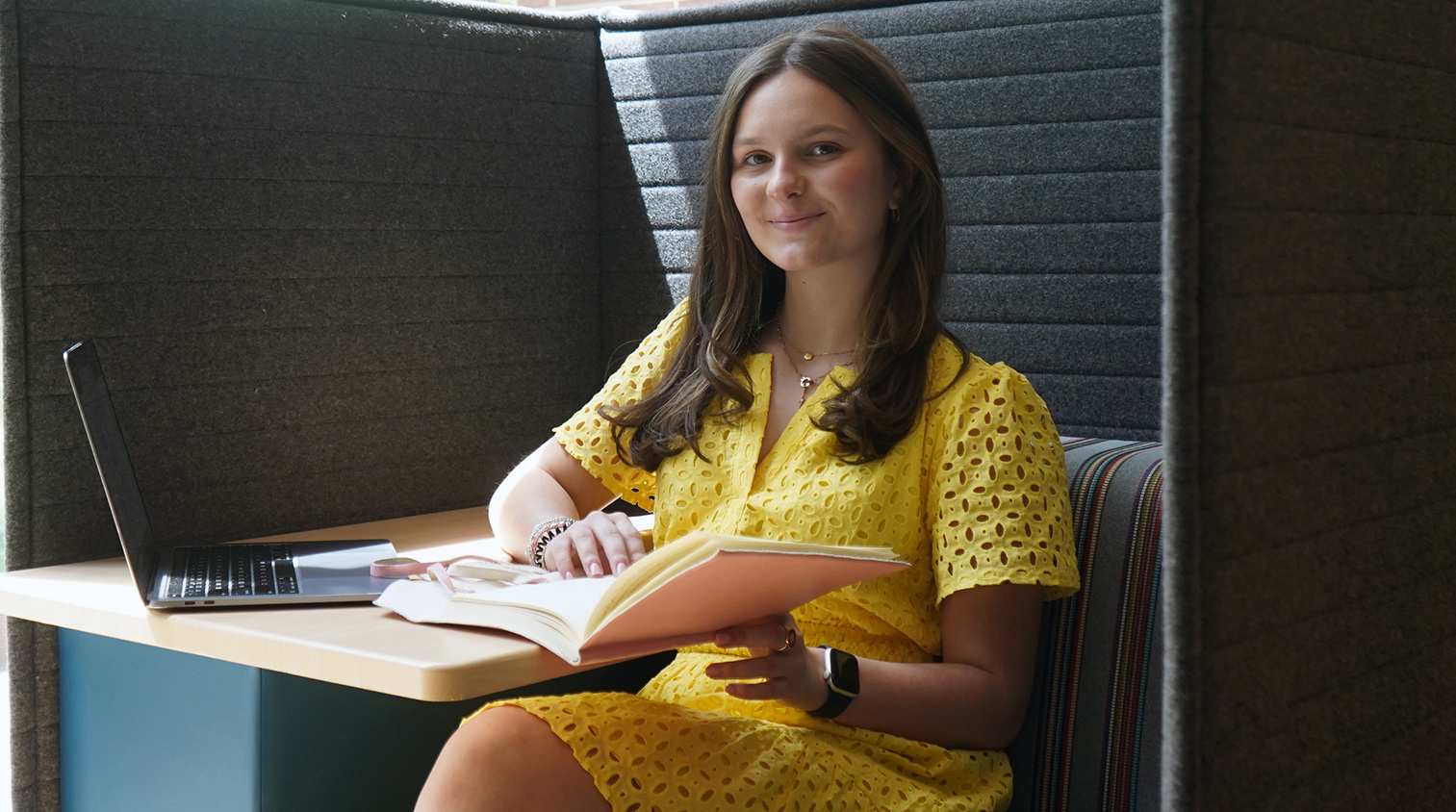Q & A with Freeman Hrabowski

 When a studious 12-year-old boy heard about an opportunity to participate in a protest for better educational opportunities, he wanted to be first to sign up. His motivation was simple but strong: He loved school and wanted to get the very best education he could. His parents didn’t want to let him join the protest, but eventually they relented, and that’s how Freeman Hrabowski III joined Martin Luther King Jr. on the famous 1963 civil rights march in Birmingham, Ala. Hrabowski was jailed for five days along with other children who marched. King said to them, “What you children do this day will have an impact on children who have not been born.”
When a studious 12-year-old boy heard about an opportunity to participate in a protest for better educational opportunities, he wanted to be first to sign up. His motivation was simple but strong: He loved school and wanted to get the very best education he could. His parents didn’t want to let him join the protest, but eventually they relented, and that’s how Freeman Hrabowski III joined Martin Luther King Jr. on the famous 1963 civil rights march in Birmingham, Ala. Hrabowski was jailed for five days along with other children who marched. King said to them, “What you children do this day will have an impact on children who have not been born.”
Hrabowski has been making an impact ever since. For more than 21 years he has been president of the University of Maryland, Baltimore County, the nation’s No. 1 “Up and Coming” university for the past five years, according to U.S. News & World Report. Hrabowski is also chair of President Obama’s Advisory Commission on Educational Excellence for African Americans. In 2008, U.S. News & World Report named him one of America’s Best Leaders, and Time named him one of the 100 Most Influential People in the World in 2012.
Hrabowski is coming to NC State on Thursday, Jan. 30, to deliver the inaugural lecture in the Contemporary Issues in Higher Education series, titled “Institutional Culture Change: Fostering Inclusive Excellence and Academic Innovation.” He will speak 4–6 p.m. at the McKimmon Center, preceded by a 3:30 p.m. reception.
In a telephone interview this week with NC State Bulletin editor Brent Winter, Hrabowski discussed his upcoming lecture and shared his thoughts about his groundbreaking work at UMBC and the future facing schools with strengths in science and engineering.
Institutional culture change will be the focus of your lecture on Thursday. What do you plan to talk about?
First I want to encourage the audience to think about what “institutional culture” really means. When my colleagues at UMBC and I talk about institutional culture, what we mean is the priorities we consider most important, our beliefs about the future, the questions we raise about the challenges we face, the behaviors we reward, and most importantly, what we’re trying to achieve as an institution. The institutional culture is the essence of the university. It’s who we are.
I also want to talk about culture change, which begins with thinking about what we’re not doing as well as we could be, areas where we can improve. Universities like to say they’re about innovation, and innovation means being able to look in the mirror and be honest with yourself about what is working and what isn’t. We need to identify the gap between where we are and where we want to be.
We want to help students achieve their dreams, but the fact is, many of them do not succeed. This is particularly the case in the STEM [science, technology, engineering and mathematics] fields. In my work on the National Academies Committee on Underrepresented Groups, we made some stunning findings. Among freshmen who start out in a STEM field, only 20 percent of black students graduate with a STEM degree in four years. Now, you may not find that surprising, but consider that only 30 percent of Latino students and 40 percent of white students who start out in a STEM field are finishing with a STEM degree. Moreover, only about half of all students who enter college actually graduate. The consensus around this seems to be, well, that just happens; but instead we should be saying, what’s wrong with this picture? And what responsibility should the university take for it? And you can say, well, the students weren’t prepared; but if they weren’t prepared, why did you admit them in the first place? This is why we need to talk about culture change. We’re talking about how to ensure that people from all backgrounds can actually excel.
In a large institution like a public university, all the stakeholders might not agree on the need for change, or they might not agree on how to make that change happen. How do you address those challenges?
Change occurs when faculty and staff and students believe change is necessary. It doesn’t happen because one person or an administrator says we should change. Change requires ongoing conversations so everyone can understand the issues being discussed and so you can build consensus regarding what needs to be done. At UMBC we’ve done focus groups, held discussions on the results and done experiments to see what works, which has led to a better understanding of how to get things done. All of that has led to a culture change in the whole institution. We now lead the nation in producing African-Americans who earn dual M.D./Ph.D. degrees. And what we’ve learned with minority students we now use to help students of all backgrounds.
You’ve gotten a lot of attention for your decision not to fund a varsity football team and to instead fund scholarships for chess players and to host campus celebrations for chess championships. Why did you make these decisions? And do you still think these were the right choices?
When people think about public schools, they tend to think about sports, and when they think about private institutions they tend to think about brainpower. But you don’t have to be rich or attend a private institution to be brilliant. So we made a decision that we wanted to be known first and foremost for the life of the mind. UMBC is a place where it’s really cool to be smart. We didn’t want the most exciting thing on campus to be sports. That’s counter to what is typically done in higher education. And that’s not a good thing, because when you ask kids what they want to be, it’s usually either NBA or American Idol. How often do you hear kids say, “I want to be a physicist” or “I want to be a writer”? We wanted to have an effect on that. And it was absolutely the right decision.
You earned bachelor’s and master’s degrees in mathematics, but your Ph.D. is a joint statistics/higher education administration degree. It looks like you were on your way to being a faculty member but decided to go into administration instead. What informed that decision?
There was nobody black in math. There were no blacks majoring in it, and there were no blacks on the math faculty. And I was really young — I got my bachelor’s degree at 19 — and I was trying to figure out what to do, trying to talk to people about continuing in math, but I didn’t feel like I had anyone to talk to. White kids wouldn’t let me in their groups, and the faculty didn’t seem particularly interested. I did very well in school, but I had no guidance. At one point I talked to the president of the university, and he had a Ph.D. in administration, and that seemed interesting, so I decided to pursue a degree in that. And I got a degree in statistics so I could be a stats guru and teach statistics. I used my background in statistics to do research on the under-representation of minorities, which helped lead me to where I am now.
UMBC, like NC State, is noted for its strengths in the STEM disciplines. What do you think the future holds for schools with strong STEM departments in the early decades of the 21st century?
First of all, UMBC is also very strong in arts, humanities, social sciences and especially public policy, given our location near Washington, D.C. We’re particularly good in theater, too; our Department of Theater has been chosen seven times to send productions to the American College Theatre Festival at the Kennedy Center. But half of our students are in science and engineering, and those students are very important because they’re connected to America’s gross domestic product. Economists estimate that 50 percent to 75 percent of growth in GDP is associated with the nation’s STEM infrastructure. And every 1 percent of growth in GDP represents 1 million jobs. So STEM education is very important to our economy and will continue to be. We’re very fortunate at UMBC because our governor and our legislators understand this, and they’ve provided us with a lot of support. They know that our state’s economy is directly tied to the strength of our institutions of higher education.
By Brent Winter. This article was first posted in NC State’s Bulletin. Hrabowski’s talk serves as the chancellor’s inaugural lecture in the Contemporary Issues in Higher Education Series at NC State. Sponsors: CHASS Diversity Programs, Provost’s Office, OIED, and the Colleges of Education, Sciences, and Engineering.
- Categories:


